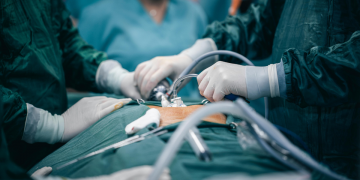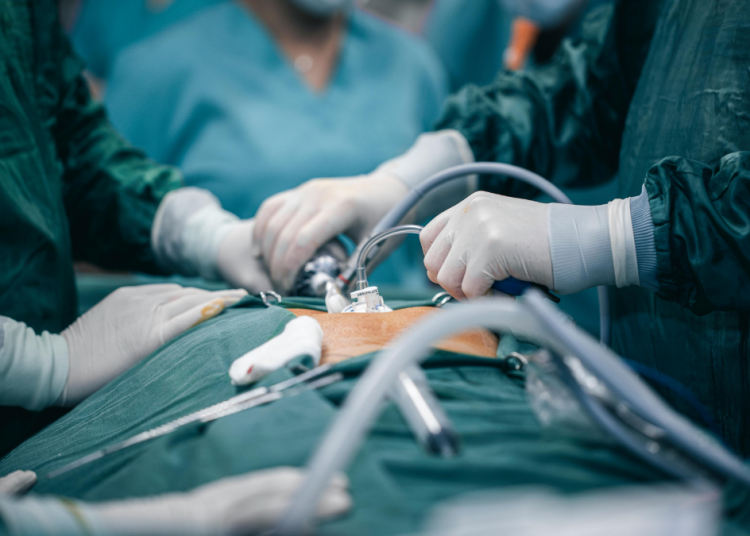Hospitals in the United States are reportedly engaging in practices so troubling they challenge the very dignity of human life. According to a recent investigation by the Health Resources & Services Administration (HRSA), an organ-procurement organisation (OPO) operated in the Kentucky-Ohio-West Virginia region allowed the organ-donation process to begin while patients still exhibited signs of life.
The HRSA review examined 351 cases in which organ donation was authorised but ultimately not performed. In that sample, 29.3% (103 cases) included “characteristics of concern,” among them 28 patients who “may not have been deceased” when organ removal procedures started. The findings highlight a disturbing shift: instead of the patient-first ethic, the system appears to have prioritised the organ-harvesting timeline. In one case detailed by The New York Times, a donor under the protocol known as “donation after circulatory death” (DCD) regained a heartbeat mid-procedure after the incision was made.
These events are especially alarming when viewed in the context of euthanasia-measured countries. In the DCD protocol described, patients often receive a “non-resuscitation order” (NPR) ahead of organ removal: the decision is made not to resuscitate the patient, not because recovery is impossible, but because the organs need to be in viable condition. The HRSA noted that many of these patients would, under normal circumstances, be candidates for resuscitation, yet were essentially held in a state of limbo until the organs were harvested.
One poignant example recounts a woman named Misty Hawkins: after a choking incident she was declared unlikely to recover, placed under respirator, and then organised for organ donation under DCD. Despite the invocation of death, when surgeons opened her chest, her heart was beating and she was breathing again. Yet the protocol moved forward, her parents reportedly not fully informed of what transpired.
From a pro-life viewpoint, the implications could not be more stark. The notion that life is treated as secondary to organ viability undermines the sacredness of every human being, born and unborn. A culture that permits patients to be declared effectively dead for the sake of organs, even while signs of life persist, is a culture that dangerously slides toward utilitarianism — valuing body parts over persons.
Medical ethics must reconvene around one clear imperative: protect the vulnerable first. Organs must not dictate the timing of death. Families must be fully and honestly informed. And no “donation” protocol should ever be allowed to precede the unequivocal end of life. The HRSA’s corrective orders to the OPO are welcome, but they signal how deeply embedded the problem has become.




















Discussion about this post